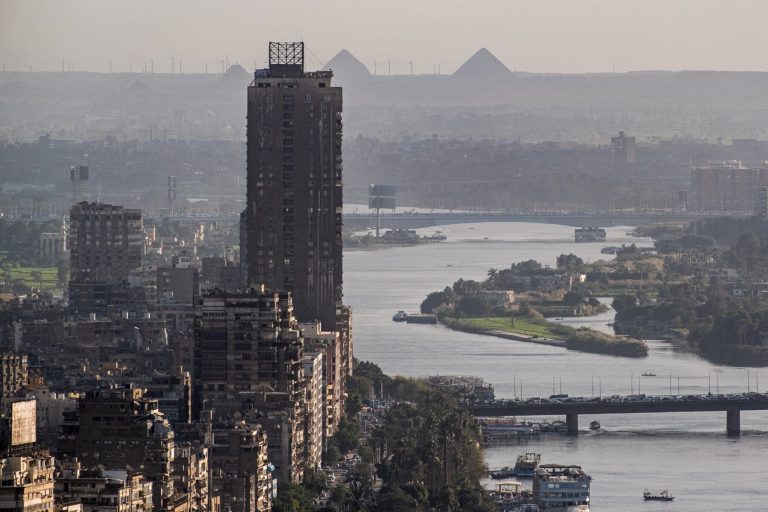São Paulo – The “World Economic Situation and Prospects 2024” report, released on Thursday (4) by the U.N. Department of Economic and Social Affairs, predicts a 3.4% growth of the gross domestic product of Egypt, down from the 4.2% projected to be reached in 2023. For 2025, a 3.9% expansion is forecast. (Pictured, Egyptian capital Cairo.)
The report says that despite the growth, the Egyptian economy has faced challenges like food inflation and current depreciation, which affected its expansion in 2023. For 2024 another challenge that is posed to the country is the “severe restriction” of its payment balance, as well as fiscal pressures, which will remain high.
North Africa is predicted to grow at 1.8% in 2023, 3.1% in 2024, and 4.1% in 2025. Africa as a whole is expected to grow at 3.5% this year, slightly up from the 3.3% that is expected to have been reached in 2023.
The report looks at the big picture to say that Africa may reach a subdued growth rate this year because the commodity prices are prospected to stabilize this year and there is a limited capacity of foreign funding and refunding to the countries in the continent. The new continent-wide free trade area, known as the AfCFTA, has yet to be developed, as although the agreement aims to stimulate mutual trade within the continent, Europe is still the leading buyer of goods from Africa, which in turn has Asia as its top supplier.
The document’s forecasts for other Arab countries examined are as follows: Algeria, 2.7%; Libya, 7.6%; Mauritania, 6.7%; Morocco, 2.9%; Sudan -10.5%; Tunisia 1.8%; Somalia, 3.3%; Djibouti, 5,0%; Comoro Islands, 3.6%; Bahrain, 2.9%; Iraq, 2.5%; Kuwait, 3.3%; Oman, 2.7%; Qatar, 2.2%; Saudi Arabia, 3.2%; United Arab Emirates, 3.7%; Yemen, 3.9%; Jordan, 2.3%; Lebanon, 2,7%; and Syria, 3.9%. Brazil is expected to grow at 1.6% this year.
Translation by Guilherme Miranda




